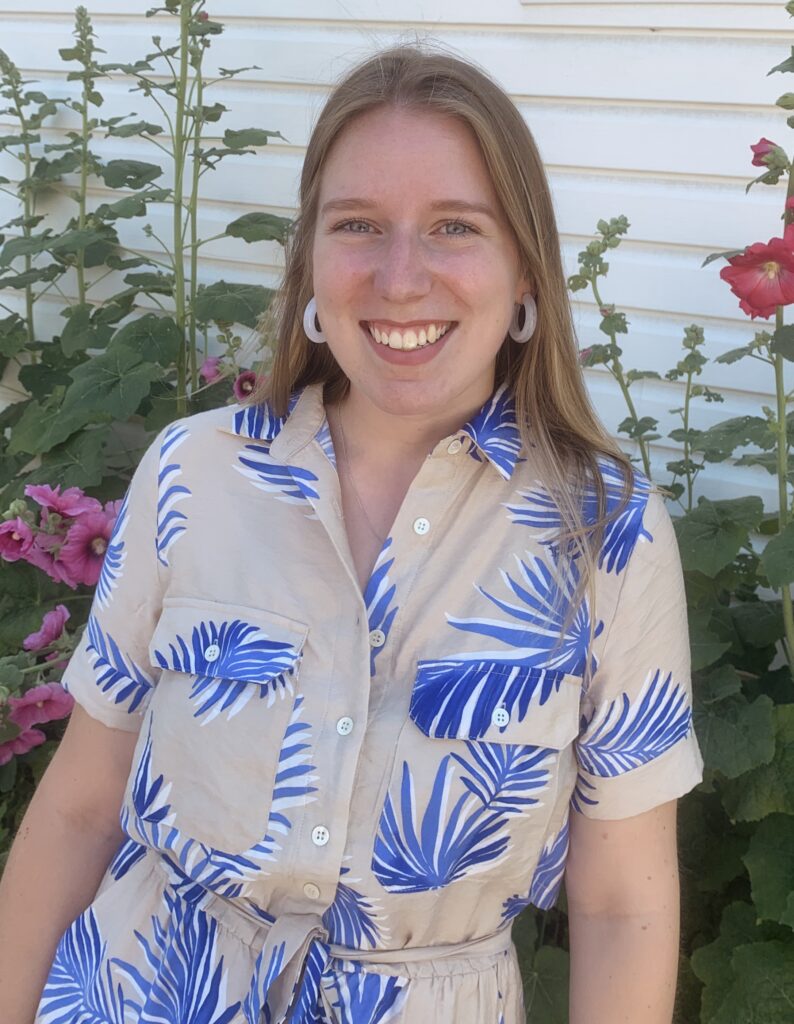By Leah Wilson and Micaela Crighton
The Winnipeg sign at The Forks glowed orange last night, in recognition of November 25th, the International Day for the Elimination of Violence Against Women, and the beginning of the 16 Days of Activism Against Gender-Based Violence.
While November 25th is often a brisque, cold day in Winnipeg, that has never deterred members of our community from coming together to “Orange the World” and take action on gender-based violence. The past two years may have looked slightly different, with virtual gatherings becoming commonplace, but we are heartened by how our communities still connect with determination to end gender-based violence in all its intersecting forms. While the lighting of the Winnipeg sign is a symbolic gesture, the hundreds of individuals and collectives engaging in the 16 Days of Activism know that there is a need to ensure we do not stop at symbolism: real, tangible change is required.
The year 2021 marks 30 years since the founding of the 16 Days of Activism and 30 years of symbolically connecting violence against women (VAW) to human rights through their international days on the calendar. The past 30 years have been spent raising awareness about systemic violence that is rooted in patriarchy, misogyny and sexism; working within the synergies of liberation, anti-oppression, and equity that responds to ongoing awareness of the need for inclusivity and empowerment in our movements; and connecting community members worldwide seeking to advance and broaden an understanding of gender-based violence and the action required to end it.
Recently, more organizations have become aware that their advocacy has been far too exclusionary in many ways. This includes the Institute for International Women’s Rights – Manitoba (IIWR-MB). Expanding our understanding to one that goes beyond the binary and calls for intersectional reforms to our movements and work is a necessary practice; and one that we all must keep working on to truly achieve an end to gender-based violence.
Every year, IIWR-MB supports, amplifies and promotes 16 Days of Activism. In reflecting on our past work, and as we strive to build towards a more inclusive and accessible organization, we decided that this year we would focus on themes raised within our community. In September 2021, a member of our board, Mariam Omar, raised her concerns with the pushback we have seen globally against gender equity. Mariam came to us with the idea of bringing back into focus the regression of rights that Afghan people are experiencing, inviting us into partnership with the Canadian Women for Women in Afghanistan to amplify their work, which bridges our two communities. As such, for the first five days of the campaign we will be sharing the advocacy of Canadian Women for Women Afghanistan and will be hosting a dialogue with members of the organization about their work and how we can all better support women, girls, and gender-diverse voices from Afghanistan and the Afghan-Canadian community. From these initial conversations with Mariam, building in conversations with other members of the organization and our own communities, we decided to focus this year on ‘Rights Regression’ to highlight and address the wave of pushback we are seeing on gender equity, reproductive justice, and Indigenous solidarity.
While 2021 brought about political wins for women, girls, and gender-diverse folks — including Manitoba’s first female premier and more women and gender diverse candidates than ever before on the ballot in the 2021 federal election — it also brought waves of work for those striving for equity. Representation does not guarantee that the Department for the Status of Women will be properly funded and resourced. It also does not ensure that an intersectional analysis will be applied to policy creation and implementation, nor does it guarantee that communities’ voices will be heard in halls of power by decision-makers.
We require more than representation. We require systemic change to end gender-based violence. As frontline land and water defenders are criminalized, the genocide against Indigenous women, girls, Two-Spirit and LGBTQIA+ people continues and as women, girls and gender-diverse folks continue to have to battle for their basic rights to be upheld, we know that representation is not enough. This in addition to Canada’s continued inaction of the crises facing Indigenous communities, its inability to implement the 231 Calls For Justice from the Missing and Murdered Indigenous Women and Girls Inquiry and the 94 Calls to Action from the Truth and Reconciliation Commission.
The COVID-19 pandemic brought about a subsequent crisis for gender equity, with lockdowns creating a sharp increase in domestic violence and pushed women, girls, and gender-diverse people into caring roles — the majority of which have increased chances of exposure to COVID-19. According to reports from UN Women, the economic regression from the pandemic pushed an additional 47 million more women and girls into extreme poverty in 2021, which is alarming considering the structural and systemic barriers women, girls, and gender-diverse individuals face to overcome poverty. We wrote last year about how we want to emerge from the COVID-19 pandemic. Many people highlighted how COVID-19 exposed gaps and issues long ingrained in our society. While some progress has been made, it is patchwork and simplistic at best to respond to the emerging needs, including climate degradation and land dispossession that disproportionately affect women, that we face in the years ahead. We require a course shift to be able to respond to needs faced by women, girls, and gender-diverse folks.
Now, on the 30th anniversary of the 16 Days of Activism, we continue to call for action to address Gender-Based Violence (GBV) at all levels, from the symbolic to the personal and policy-level. We need intersectional-awareness and analysis, including a full implementation of Gender-Based Analysis+ at the federal, provincial, and municipal levels. We need increased supports for shelters, agencies, and organizations that continue to fill the gaps left by systemic barriers and broken systems. We need to do better for all victims and survivors of gender-based violence and we don’t have time to wait. We light the Winnipeg sign orange as a symbol for ending GBV, but we invite you and all to “Orange the World” and continue our work to end Gender-Based Violence.
Over the next 16 Days, we will be sharing stories, educational tools, and actions. We will be hosting events that work to challenge systems of patriarchy and white supremacy and address the issue of gender-based violence. We will be hosting a rally in remembrance of those lost to Gender-Based Violence in Manitoba and hosting multiple dialogues with community partners about their work to combat Gender-Based Violence.
Follow along on Instagram, Facebook or Twitter and check out our events calendar to support the work of other organizations. We hope you will join us in the coming weeks and strive to find ways to challenge yourself in the next year to eliminate Gender-Based Violence in our communities.



